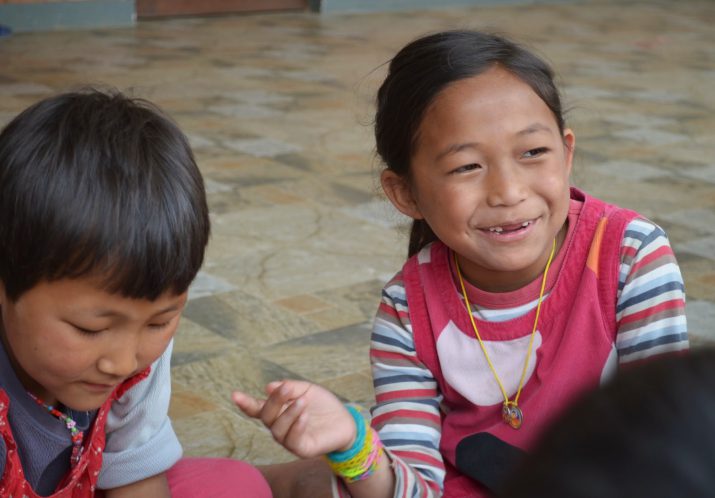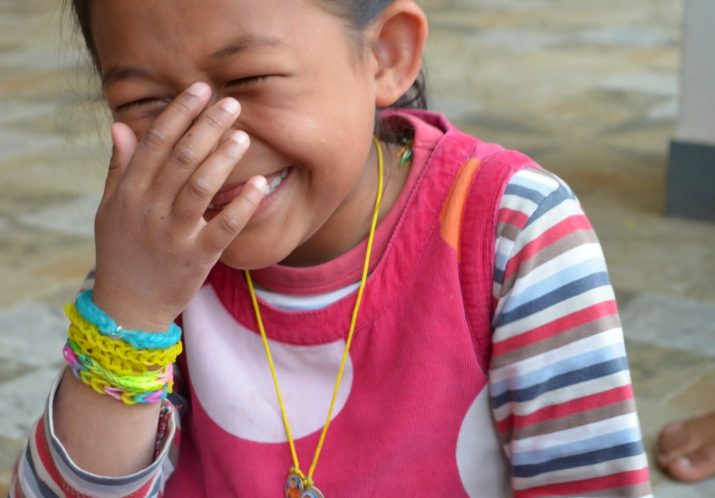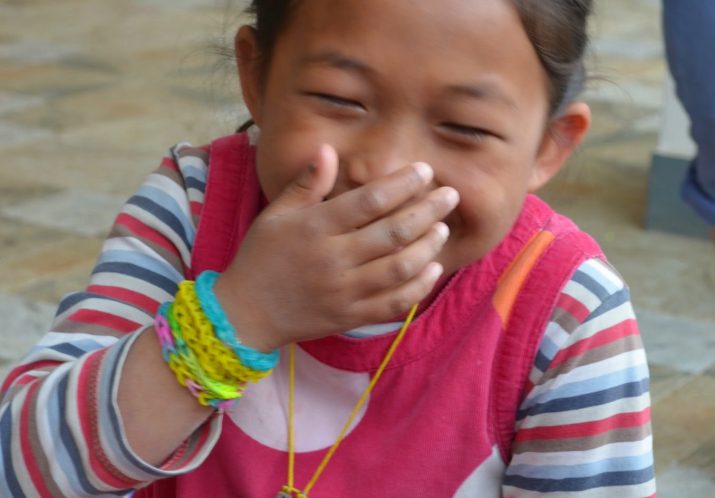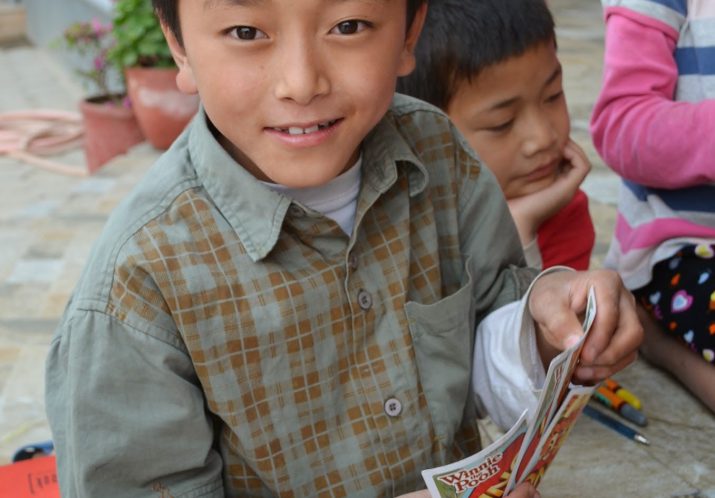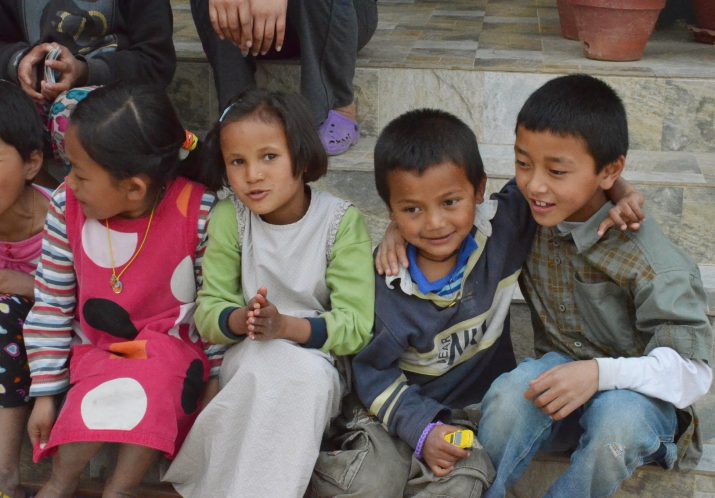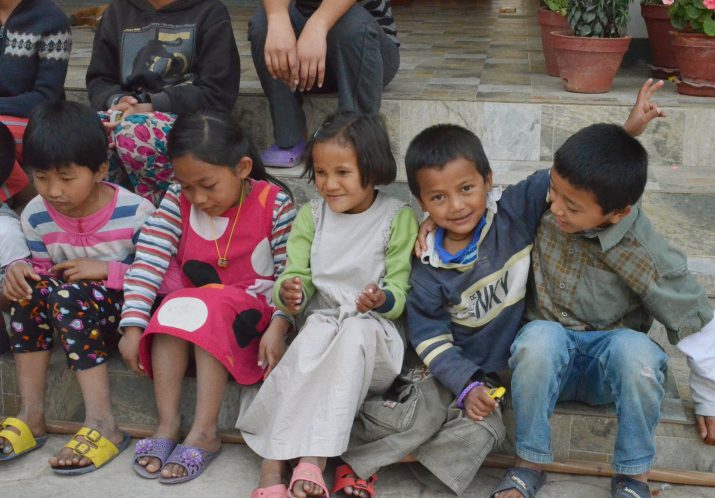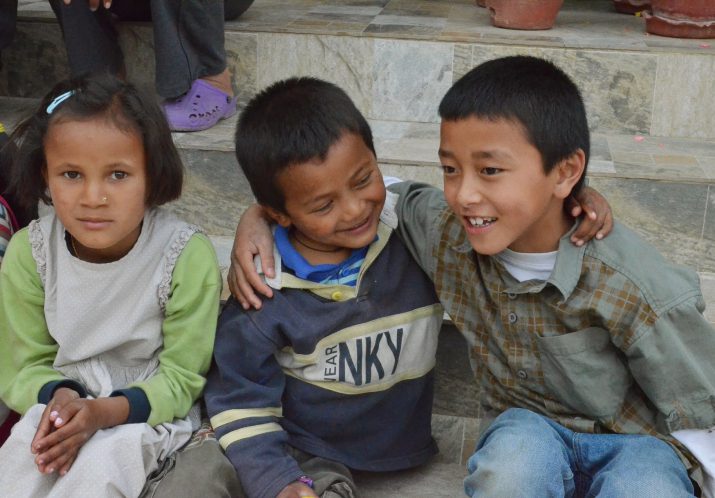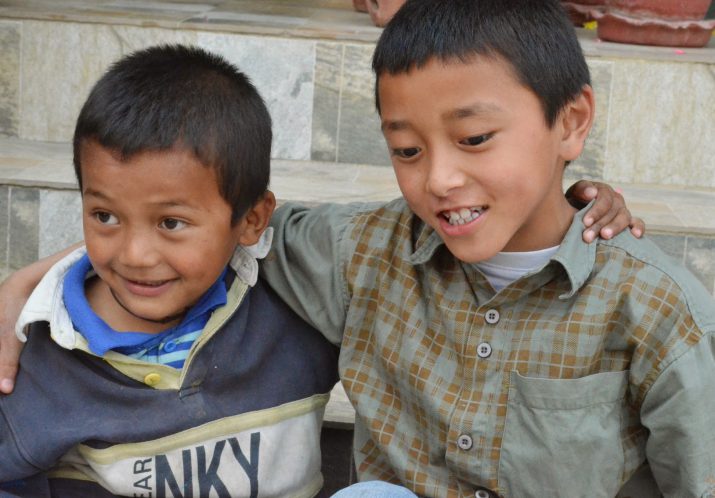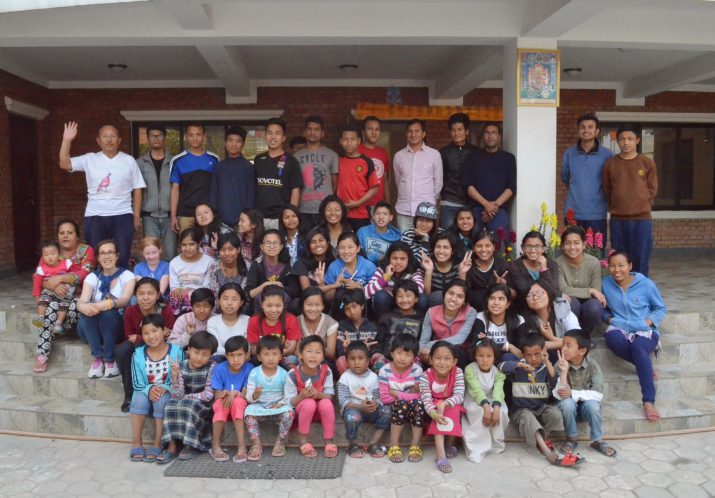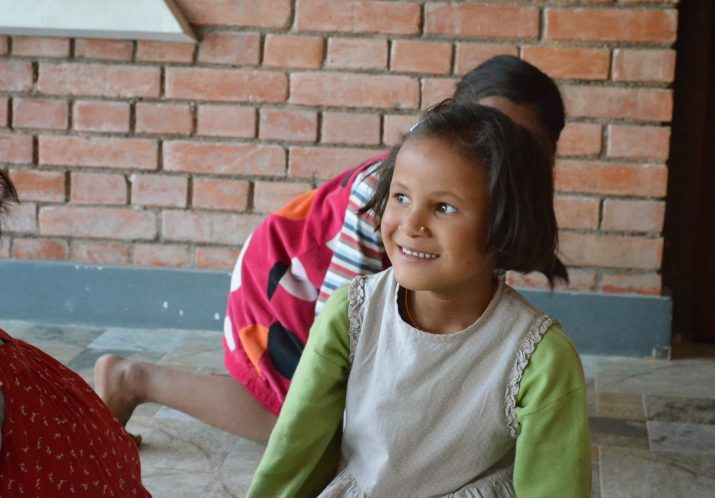Because every child deserves a future !
News
Lors de notre récent séjour à Katmandou, nous avons appris que Pasang Chimmi (à gauche) et Pemba vont terminer leur cycle secondaire prochainement. Ils vont ensuite entamer un cycle supérieur tout en restant au centre Sagarmatha. Ils pourront ainsi continuer leurs études, tout en donnant un coup de main pour s’occuper des enfants les plus jeunes, comme Anil, un des garçons les plus âgés, le fait actuellement. ... See MoreSee Less

- likes love 16
- Shares: 0
- Comments: 4
Donation de vêtements. 👖👕
Lors de chaque voyage de l’Ecole Internationale de Genève — International School of Geneva - La Châtaigneraie, de grandes quantités de vêtements ont été apportées au Népal par les élèves. Aujourd’hui encore, le stock du centre Sagarmatha est précieusement géré pour habiller les enfants qui en ont le plus besoin.
... See MoreSee Less


Un moment très émouvant pour tous. 💫
Pour la première fois, nous avons assisté au départ d’une jeune fille du centre. Rejina, issue d’une fratrie de huit enfants, a vécu dix ans au centre Sagarmatha. Grâce au soutien d’une de ses sœurs, Rejina continuera ses études en vivant avec ses proches.
... See MoreSee Less


 +3
+3
Situation in Nepal
Nepal is a landlocked country in South Asia, south of China and surrounded by India on three other sides, stretching along the high ridges of the Himalayas.
The country has a total surface area of 147,181 km² and is home to 30.6 million people from over sixty different castes or ethnic groups. The proportion of the population living in urban areas is extremely low, and most of the population lives in rural areas. Nepal’s geographical location makes it highly vulnerable to natural disasters such as earthquakes, landslides and floods.
Because of its political and financial situation, Nepal is considered one of the least developed countries in the world. With an average annual income of €1,267, the country is one of the poorest in the world. A quarter of the population lives below the poverty line, and the majority lives from subsistence farming, tourism and foreign remittances that provide the country with urgently needed foreign currency. Nearly a million children are orphans in Nepal, more than 3% of the total population. Despite this dramatic situation, the centres supported by the Sagarmatha Swiss Organisation are financed solely by private funds and receive no state aid.

